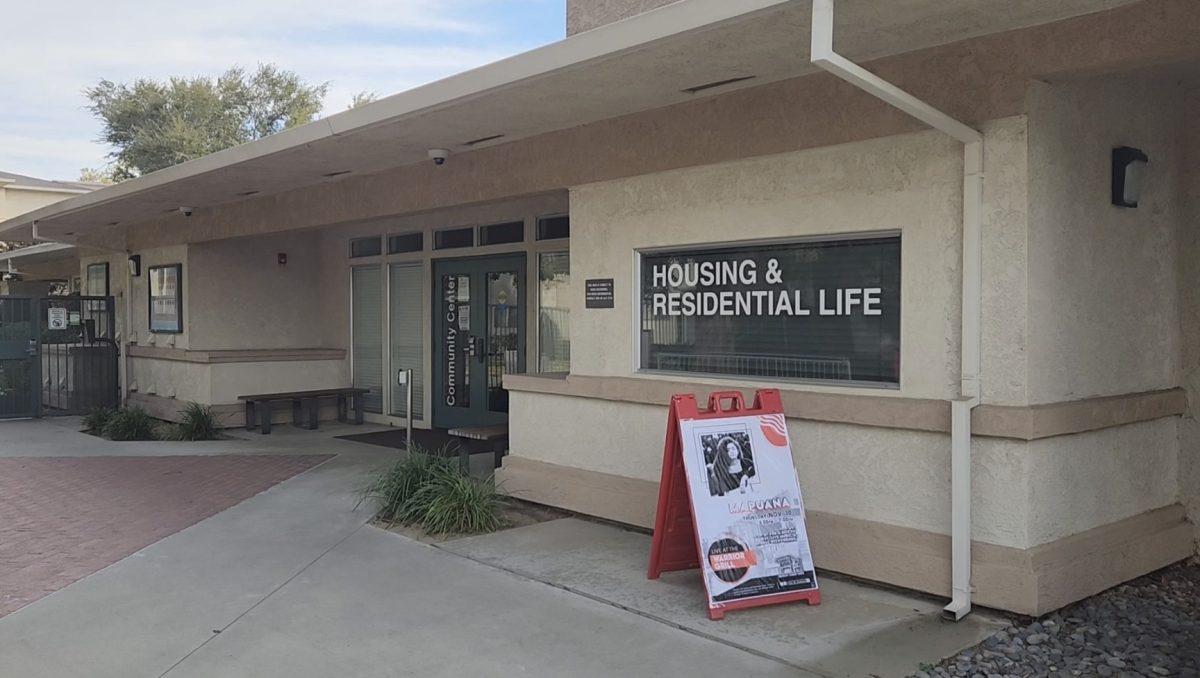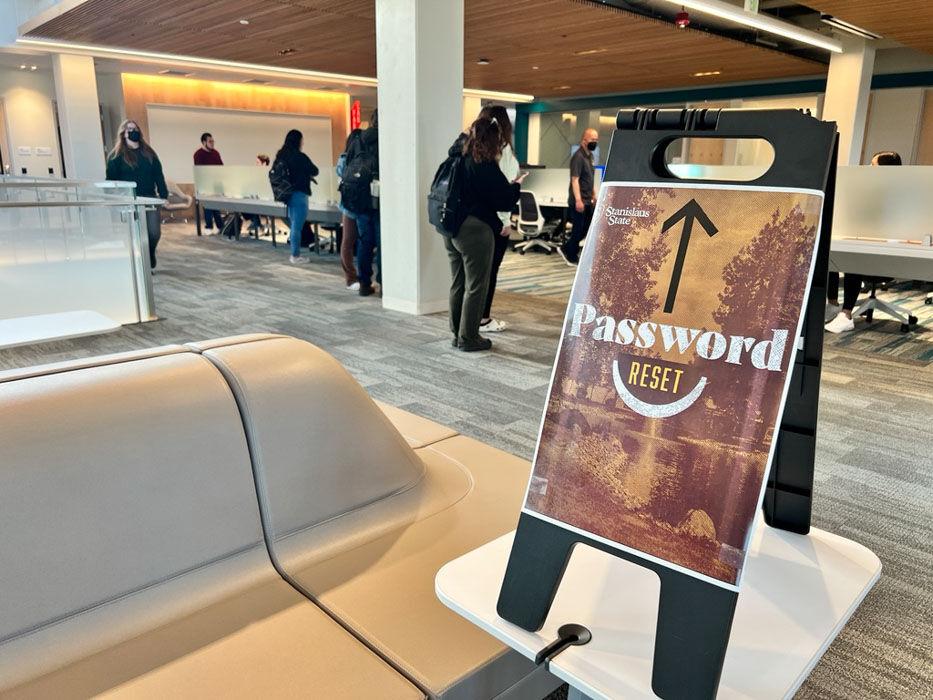Following the new Facebook page, Stan State Confessions, to peruse the gory details fellow campus-mates have decided to spill might seem like a guilty pleasure, but it’s not as bad as one might think.
In fact, it might actually be good for stress levels.
Confessions of dirty deeds aren’t news and they aren’t uncommon. California State Universities including Chico State and Cal State East Bay have a Facebook confessional page, confession columns abound in magazines and the Catholic Church has been recommending confession since 1422 A.D.
There’s a reason confessions have been around this long. In the book “The Writing Cure: How Expressive Writing Promotes Health and Emotional Well-being,” editors Stephen J. Lepore and Joshua M. Smyth have assembled a collection of scholarly articles that discuss how confessions, particularly written confessions, improve physical and emotional health. Stan State Confessions is no exception.
Not into spilling your guts on the internet? Me neither. But that doesn’t mean students can’t cash in on the health benefits of reading anonymous secrets online. Social psychologists use a concept known as “psychological sense of community,” which focuses on the shared and similar experiences of a group and how those experiences foster a sense of belonging.
Basically, reading someone’s confession about the same dumb-ass thing that you did freshman year will make other students (whether they were the author or not) easier to relate to.
Worried about “Liking” the page and getting in trouble for it?
Don’t be. This last year has been a maelstrom for Facebook in federal courts. The 4th U.S. Circuit Court of Appeals declared that Facebook “Liking” falls under the realm of free speech and is a protected right.
Even expressing personal viewpoints on Facebook has been ruled as free speech and isn’t a viable reason for termination from a job or disciplinary action from the school.
Want to write your own confession? Go for it. The legal definition of free speech now includes content written on Facebook, even personal confessions; just make sure they aren’t someone else’s secrets.
Disclaimer: Protection offered from constitutional laws guaranteeing free speech disappears when hate speech or threats appear on Facebook.
Throwing shade on friends or specific classmates via Stan State Confessions could be considered libelous, and threats of violence are often enough to subpoena personal information originally submitted as “anonymous.”
So what’s really wrong here? The confessions page isn’t unhealthy, isn’t illegal and – with the new name and profile picture change to the page – isn’t even brand infringement towards the university.
Go ahead. “Like” the page. It’s good for you.
Like this story? Continue reading Students waste time on confessions.







